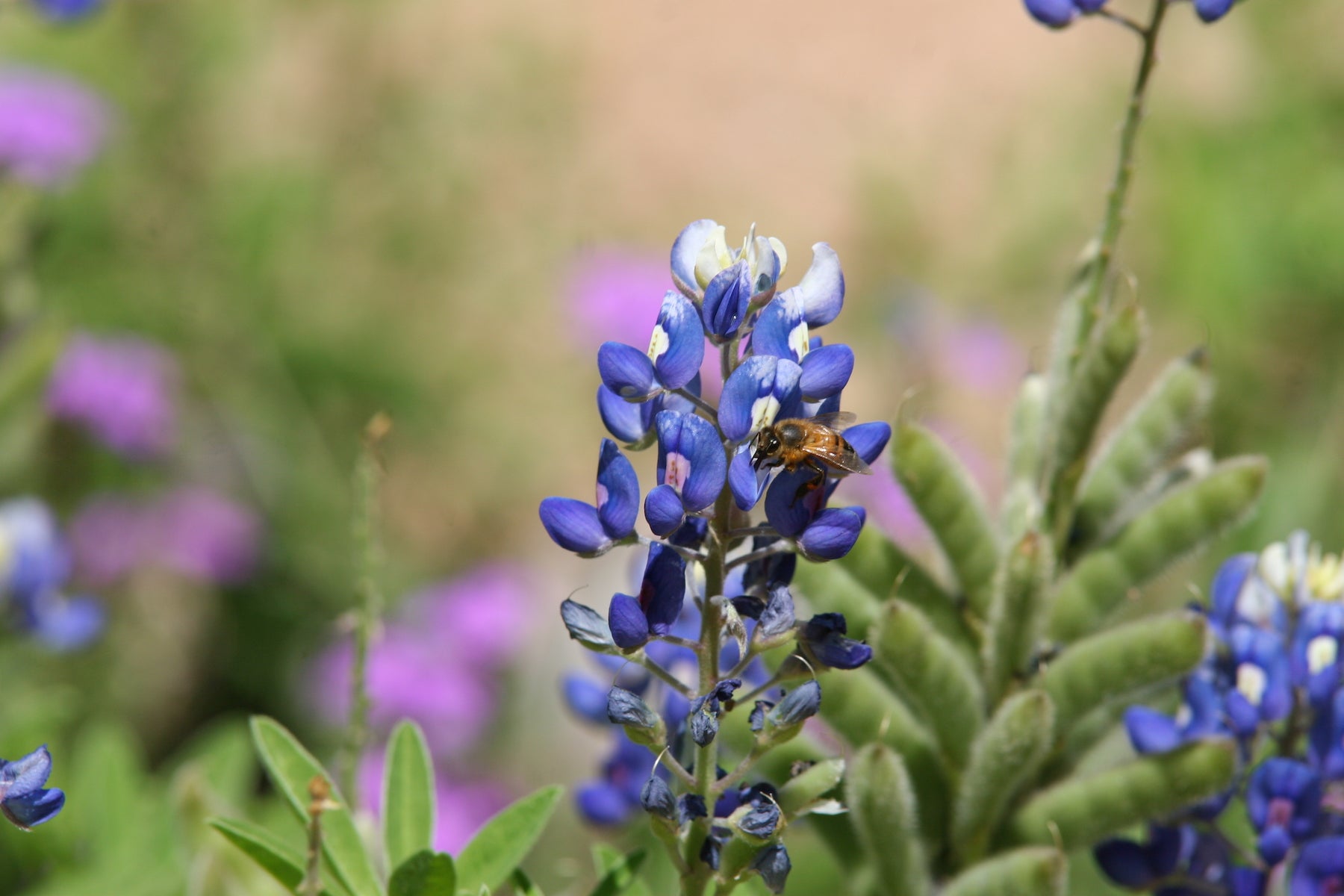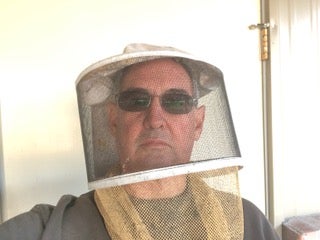Master Beekeeper: The Truth about Honey 2021 Update
Published 12:39 am Wednesday, June 30, 2021

- Orange Leader photo
|
Getting your Trinity Audio player ready...
|

Len VanMarion
Certified Texas Master Gardener, TAIS Master Beekeeper,
Texas Beekeepers Association member, Real Texas Honey member
Finally the U.S. Department of Commerce might act to help beekeepers. The U.S. International Trade Commission voted unanimously that several countries were dumping Honey on the U.S. market. This sets the Trade commission on a path to potentially set tariffs on this imported honey. Vietnam is one of these countries accused of dumping, importers can purchase Honey in Vietnam for $0.63 per pound. This price makes Honey a worthless crop for U.S. beekeepers. At $0.63 a pound we can’t afford to remove honey from the hive.
Importers and packagers can purchase honey from Asia bring it into the U.S. and sell it at a price local beekeeper can’t compete with. The commercial packers purchase for less than $1 a pound, package the honey and sell it to Walmart, Kroger, Market Basket, HEB, and others for about $3 a pound then the retail stores sell it for about $6 a pound.
The Law in Texas and most other states allows the packers to label the honey as “Local” or “Texas” honey even though the stuff inside the bottle came from Asia. Texas Law also prohibits a Hobby Beekeeper from selling honey except through direct sells. This means a hobby beekeeper can’t sell through a commercial business like a local Market Basket or Health Food store.
About 450,000,000 lbs per year is imported into the U.S. That’s correct 450 million lbs. That’s about 80% of all the honey consumed in the U.S. You ask how do I know if the Honey I bought is really “Local”? The best way is to buy from a local beekeeper that you know. The only scientific ways to determine origin is to test the pollen and to microscopically identify that pollen and where the plant lives or to use NMR (Nuclear Magnetic Resonance) testing. Only a few people can do pollen identification and Texas A&M has one of these specialist. Food Safety News had him test honey samples and reports that 80% of all honey sold in the U.S. is improperly labeled for its origin. 75% had the pollen filtered out of the honey making its origin almost impossible to determine. When you consider that the U.S. beekeepers produce less than 20% (less than 150,000,000 lbs of the 600,000,000 lbs consumed) of all honey consumed. Most of those beekeepers/producers are small less than 25 hive hobby keepers who can’t sell their honey in the large market stores. You would reason almost all honey sold commercially is miss labeled.
That is right if you are buying honey at a national or regional (grocery store) market the honey you buy as “Local” or “Texas” honey most likely came from outside the U.S. If you are using honey due to its medicinal or allergic benefit you are most likely getting neither.
Now you ask “how can this be”? Well the Honey importers are the only people making money on honey and the market is largely unregulated so they can get away with almost anything. If you want REAL LOCAL or TEXAS Honey the answer is to buy your honey from someone you know.
How do I find a beekeeper? Best source in Texas is the Texas Beekeepers Association, Real Texas Honey or a local beekeepers club. Orange County has a good number of amateur beekeepers so if you look around you can find one.
If you or your group is searching for a speaker give me a call.
Len VanMarion is Master Beekeeper, Member Texas Beekeepers Assoc. and Texas Master Gardener. He can be reached at 409-728-0344.





